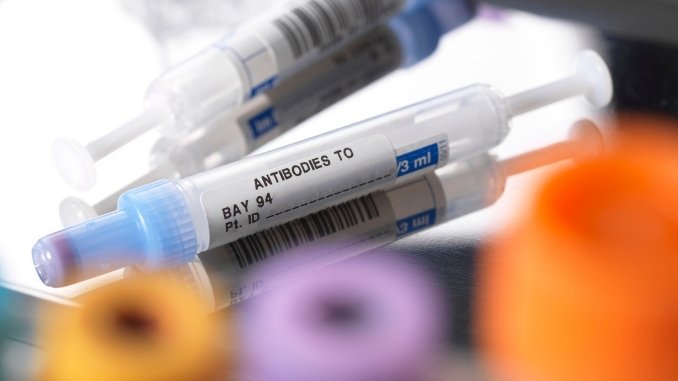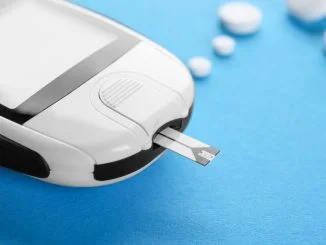
Another examination drove by specialists from Brigham and Women’s Hospital inspected blood tests and cells from patients who had recouped from mellow to direct COVID-19 and found that while antibodies against the infection declined in many people after disease resolution, a subset of patients sustained anti-virus antibody production several months following infection.
These antibody “sustainers” had a more limited course of symtoms, suggesting that a few people who recuperate from COVID-19 quicker might be mounting a more viable and tough resistant reaction to the infection. Results are distributed in Cell. “We’ve found a subset of individuals that heal quickly while sustaining virus-specific antibody levels after COVID-19,” said Duane Wesemann, MD, PhD, an immunologist and partner doctor in the Brigham Division of Allergy and Clinical Immunology and a partner teacher at Harvard Medical School.
The kind of immune response we’re seeing in these individuals is a bit like investing in an insurance policy – it’s the immune system’s way of adding a potential layer of protection against future encounters with the virus,” added Wesemann.
The Wesemann lab studies the entire set of antibodies a host’s immune system produces and how they learn to recognise pathogens. In the spring of 2020, the team turned its attention to the COVID-19 pandemic and the immune response of people who become infected. They are eager to understand the nature of the antibody response to the virus.
The Wesemann lab contemplates the whole arrangement of antibodies a host’s resistant framework delivers and how they figure out how to perceive microorganisms. In the spring of 2020, the group directed its concentration toward the COVID-19 pandemic and the safe reaction of individuals who become contaminated. They are anxious to comprehend the idea of the counter acting agent reaction to the infection.
To this end, the group selected and enlisted 92 individuals in the Boston zone who had recuperated from COVID-19 among March and June of 2020. Five of the people were hospitalized however all others recouped at home. The group gathered and dissected blood tests month to month, estimating a scope of antibodies, including immunoglobulin-G (IgG), against the infection that causes COVID-19.
They split the partner into two gatherings – those that support infection explicit IgG levels more than half a month, and those that lose them. The group dissected these gatherings and potential associations they needed to clinical and other immunological information.
The group found that IgG levels against the infection would in general decay considerably in many people throughout the span of three to four months. Be that as it may, in around 20% of people, counter acting agent creation stayed steady or improved throughout a similar time span.
The group found that these “sustainers” had indications for an essentially more limited timeframe contrasted with “decayers” (normal of 10 days versus 16 days). Sustainers additionally had contrasts in memory T cell populaces and B cells, two sorts of safe cells that can assume a vital part in resistant memory and insurance.
A significant restriction of the investigation, the group noted, was that a large portion of the volunteers were grown-up white ladies. The specialists said that future exploration must intend to select a more assorted populace to additionally explain whether varieties in insusceptible reaction exist across individuals of various ages and ethnic and racial foundations.
The scientists additionally call attention to that further research may help decide if comparative elements of the invulnerable reaction are likewise found in individuals with asymptomatic and extreme illness.
“The data point to a type of immune response that’s not only adept at handling viral disease by leading to a swift resolution of symptoms, but also better at producing cells that can commit to longer term production of anti-virus IgG antibodies,” said Wesemann.
“Figuring out how these individuals are able to support longer-term antibody production is relevant to COVID-19, and will also have important implications for our understanding of the immune system in general,” added Wesemann.



